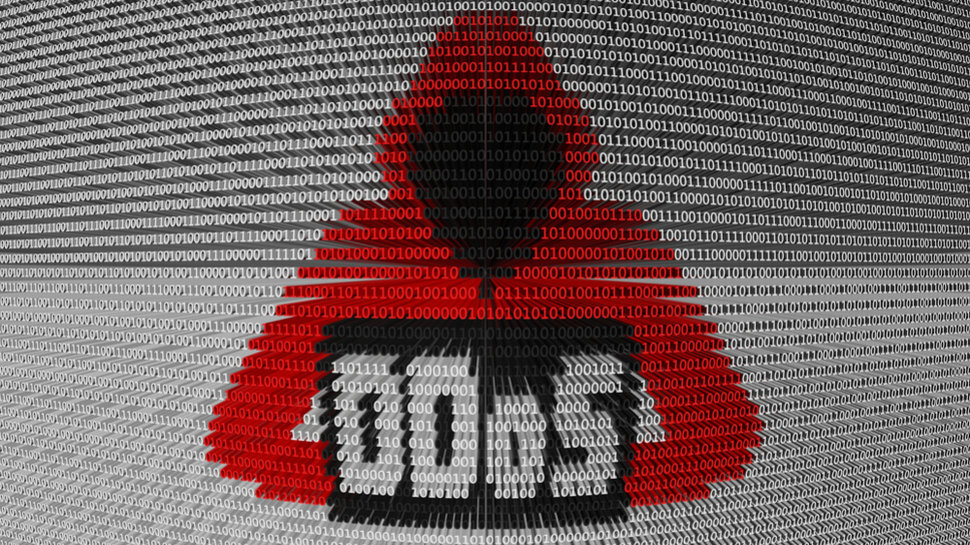Israeli government confirms it was hit by huge DDoS attack
Could be the biggest attack ever faced by Israel

A number of Israeli government agencies were hit by a major Distributed Denial of Service (DDoS) attack earlier this week, government sources confirmed.
“In the last few hours, a denial of service [DDoS] attack has been identified on a communications provider which, as a result, has for a short time prevented access to a number of sites, including government sites,” Israel’s National Cyber Directorate tweeted.
“As of this hour all the sites are back for activity,” it added.
We're looking at how our readers use VPNs with different devices so we can improve our content and offer better advice. This survey shouldn't take more than 60 seconds of your time. Thank you for taking part.
One of the largest attacks ever
Both Haaretz, and Kan TV (some of Israel’s biggest media) reported that the websites of ministries of health, interior, justice and welfare, were all targeted, with the Prime Minister’s Office also affected.
A government source from the country’s defense establishment told Haaretz this was probably one of the largest cyberattacks ever launched against the Israeli government.
While these sources did not identify the attacker, the Jerusalem Post said an Iranian cybercrime group took the blame. Official sources only said that it was either a state actor, or a “large organization”. Some have speculated that the DDoS attack could be in retaliation for an alleged Israeli operation against an Iranian nuclear facility.
Even though it was “just” a DDoS attack, that is unlikely to have caused any serious damage, the country’s officials declared a state of emergency, and are investigating if any data, or infrastructure, were compromised during the attack, Engadget added. The DDoS attack, which has since been mitigated, made it impossible to reach some of the government websites.
Are you a pro? Subscribe to our newsletter
Sign up to the TechRadar Pro newsletter to get all the top news, opinion, features and guidance your business needs to succeed!
Israel and Iran have been locked in a shadow war, which often includes cyberattacks and data exfiltration efforts, for many years now.
- These are the best firewall services around
Via: Engadget
Sead is a seasoned freelance journalist based in Sarajevo, Bosnia and Herzegovina. He writes about IT (cloud, IoT, 5G, VPN) and cybersecurity (ransomware, data breaches, laws and regulations). In his career, spanning more than a decade, he’s written for numerous media outlets, including Al Jazeera Balkans. He’s also held several modules on content writing for Represent Communications.